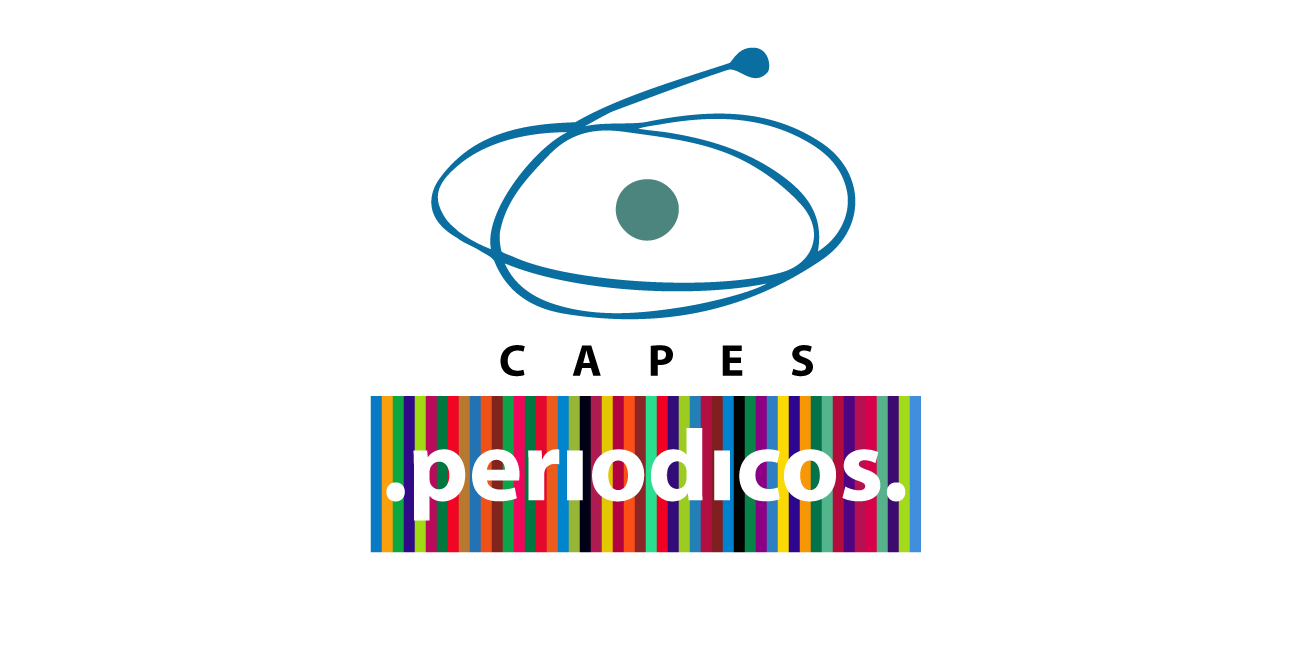A tutela dos embriões humanos: a experiência argentina (história de um fracasso)
Palavras-chave:
Inseminação.embriões, humano, tutoria, experiênciaResumo
O presente artigo realiza uma análise da evolução da inseminação artificial in vitro na sociedade argentina, sob os aspectos jurídico, empresarial e social. Procurou-se demonstrar que a fertilização in vitro é um método reprodutivo cujo custo econômico não permite acesso às classes menos favorecidas da Argentina e que todo o processo se encontra sob o controle de clínicas e até de empresas privadas de grande poder econômico, as quais, efetivamente, são os detentores do depósito dos embriões humanos “excedentes”. Na Argentina, veio a ocorrer o primeiro caso, na história do direito, em que a Justiça optou por colocar sob sua proteção todos os embriões, sem exceção, nomeando a pessoa deste articulista para exercer a tutoria desses embriões. No entanto, em que pese à sua boa vontade, o autor deste artigo, que não contou com nenhum recurso público, quando buscou efetivamente regulamentar o controle dos embriões humanos na cidade de Buenos Aires sofreu oposição violenta das clínicas e das empresas envolvidas na fertilização in vitro, a tal ponto que optou por declinar de tal múnus público, pelo temor da prestação de contas do exercício da referida atividade a um dos poderes do Estado.Downloads
Publicado
2007-08-01
Como Citar
Rabinovich-Berkman, R. D. (2007). A tutela dos embriões humanos: a experiência argentina (história de um fracasso). Revista Jurídica Cesumar - Mestrado, 6(1), 15–36. Recuperado de https://periodicos.unicesumar.edu.br/index.php/revjuridica/article/view/306
Edição
Seção
Doutrinas
Licença
A Revista se reserva o direito de efetuar, nos originais, alterações de ordem normativa, ortográfica e gramatical, com o intuito de manter o padrão culto da língua, respeitando, porém, o estilo dos autores. As opiniões emitidas pelos autores são de sua exclusiva responsabilidade.
Os direitos autorais pertencem exclusivamente aos autores. Os direitos de licenciamento utilizado pelo periódico é a licença Commons Atribuição 4.0 Internacional. São permitidos o compartilhamento (cópia e distribuição do material em qualquer meio ou formato) e adaptação (remixar, transformar, e criar a partir do trabalho, mesmo para fins comerciais), desde que lhe atribuam o devido crédito pela criação original.












